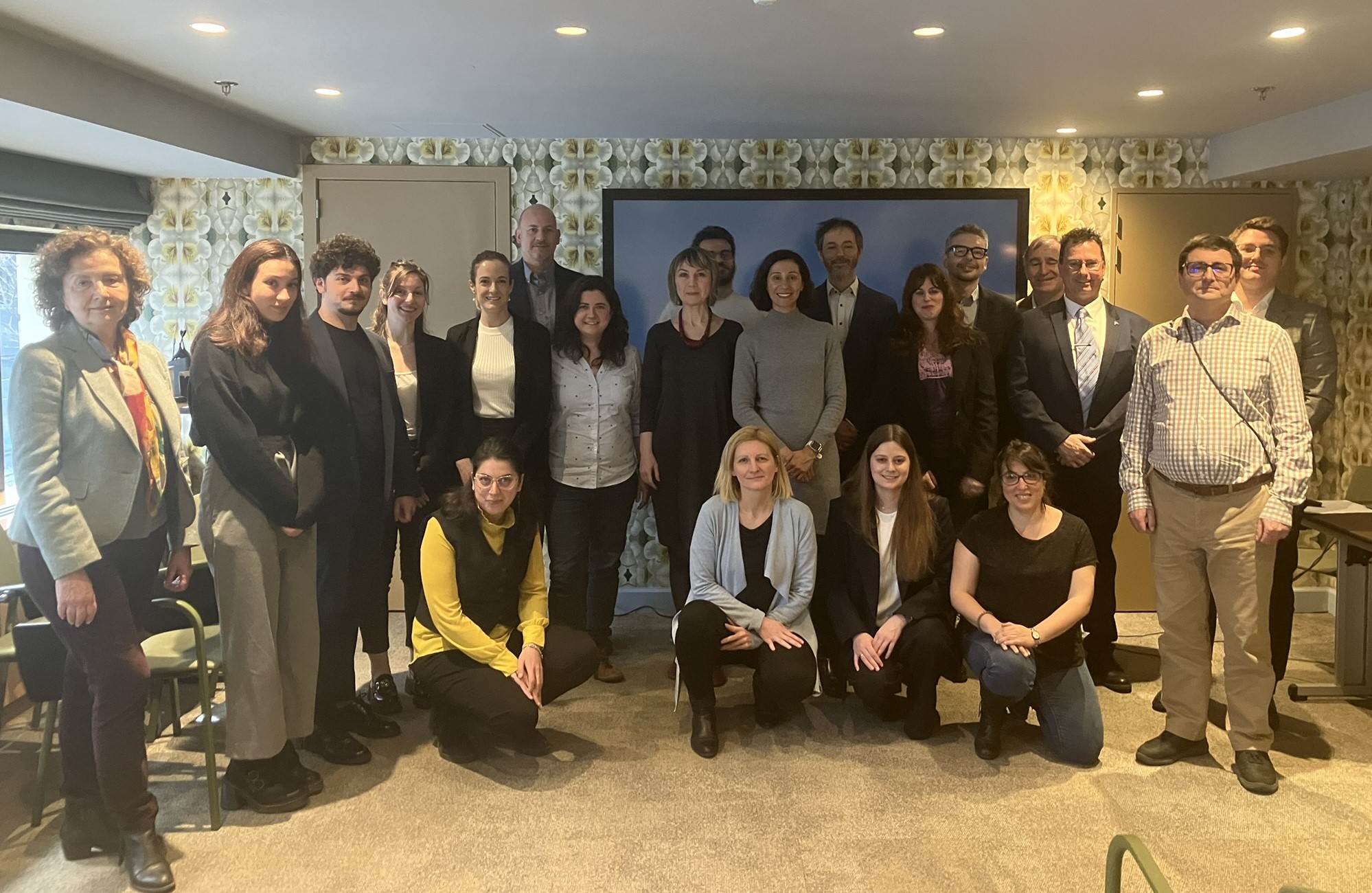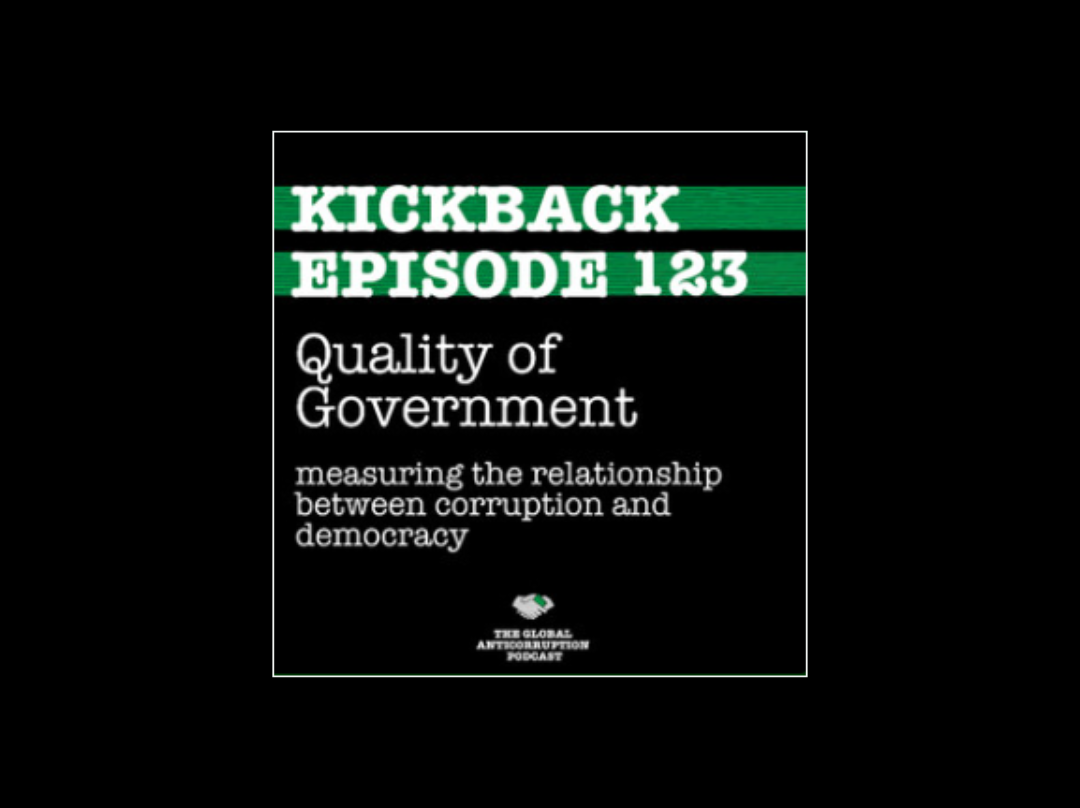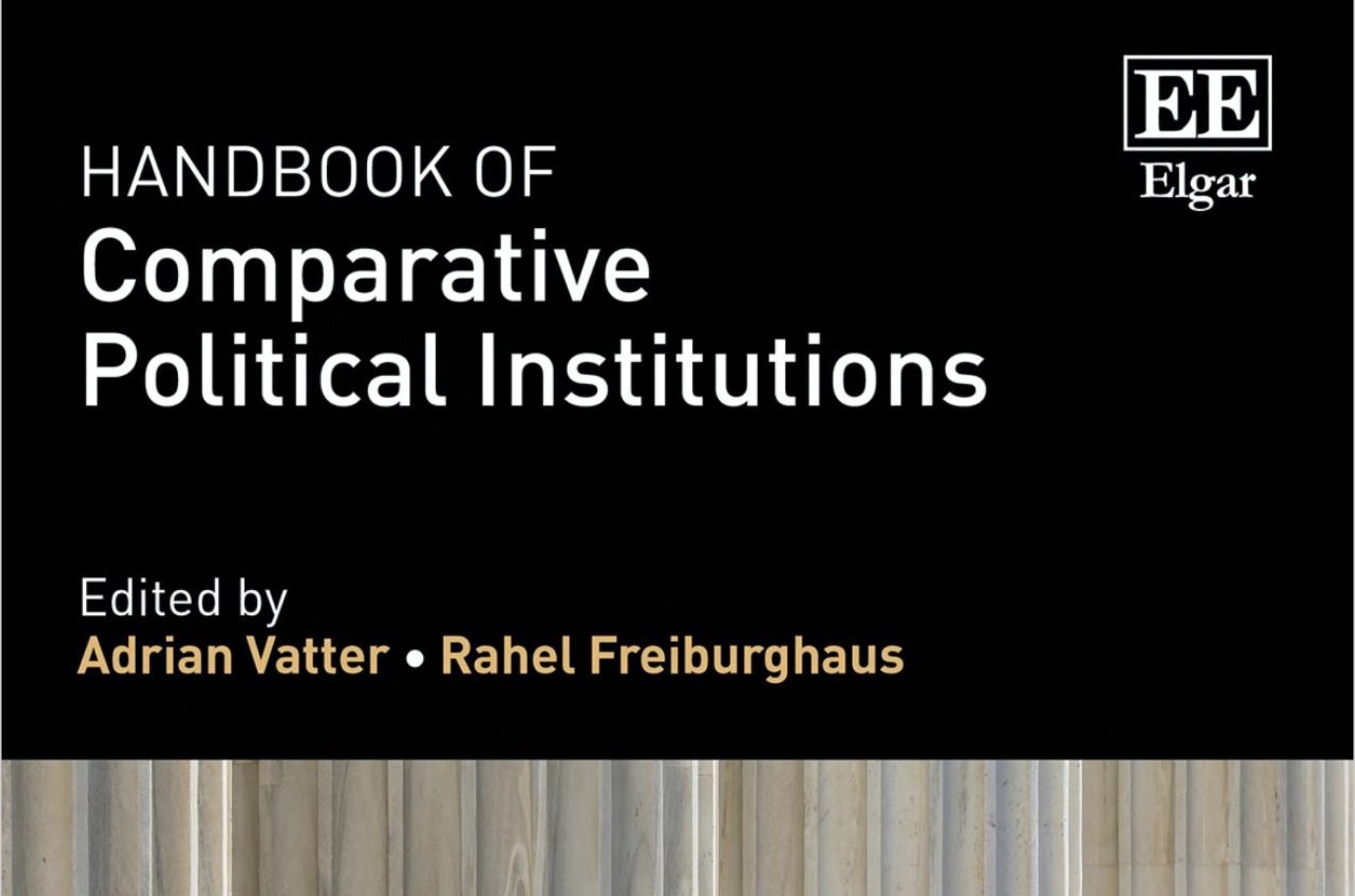News
-

RESPOND Participates in the iMonitor Final Conference
On 27 March 2025, S-Com had the opportunity to participate in the Final Conference of the iMonitor project, held at Hotel Indigo in Brussels. Organised by the Government Transparency Institute (GTI) and project partners, the conference marked the closing of a two-year EU-funded initiative that sought to enhance integrity in public procurement by combining data-driven…
-

Marcia Grimes and Monika Bauhr on the relationship between corruption and democracy – Kickback – The Global Anticorruption Podcast – episode 123
Understanding the intricate dynamics between corruption and democracy is crucial in addressing governance challenges worldwide. In a recent episode of KickBack – The Global Anticorruption Podcast, Marcia Grimes and Monika Bauhr delve into this complex relationship, shedding light on the mechanisms that sustain corruption and the efforts needed to promote accountability. Hosted by Liz Dávid-Barrett,…
-

RESPOND at the European Commission’s Anti-Corruption Workshop
On January 23, RESPOND took part in the Anti-Corruption Workshop organized by the European Commission, DG HOME, DG RTD, and the European Research Executive Agency (REA). The event brought together researchers and policymakers to strengthen the link between EU-funded research and anti-corruption policy efforts. RESPOND was featured alongside other projects, including FALCON, KLEPTOTRACE, and POSEIDON,…
-

International Anti-Corruption Day: “Advances in Anti-Corruption”
The “Advances in Anti-Corruption: Current Trends and Future Prospects” conference, held on December 9th (International Anti-Corruption Day), brought together researchers, professionals, and specialists from across Europe, all united by a shared commitment to addressing corruption more effectively. The three panels highlighted innovative projects such as BridgeGap, which is creating a unified approach to improving integrity…
-

RESPOND’s analytical framework is showcased in a new publication on comparative political institutions
RESPOND has marked its first publication with a chapter in the newly released Handbook of Comparative Political Institutions (Edward Elgar). Titled “Political Institutions and the Corruption of Politics”, the chapter and soon available as Open Access, the chapter introduces RESPOND’s analytical framework designed to assess corruption within political institutions. This framework provides insights into the dynamic interactions between different types…
-

Seminar: Sociology of Corruption
📅 November 8, 2024📍 University of Bologna (Italy) Our very first event in the RESPOND Seminar Series was a success! We had the privilege of hosting David Jancsics, Professor at San Diego State University, who brought his incredible expertise to the table. The author of the newly released book Sociology of Corruption, gave an eye-opening…
